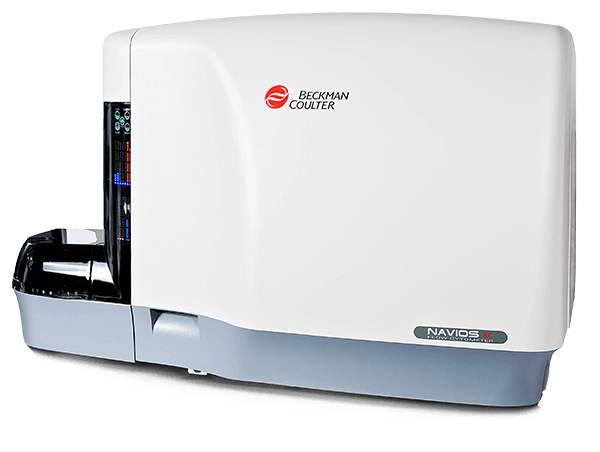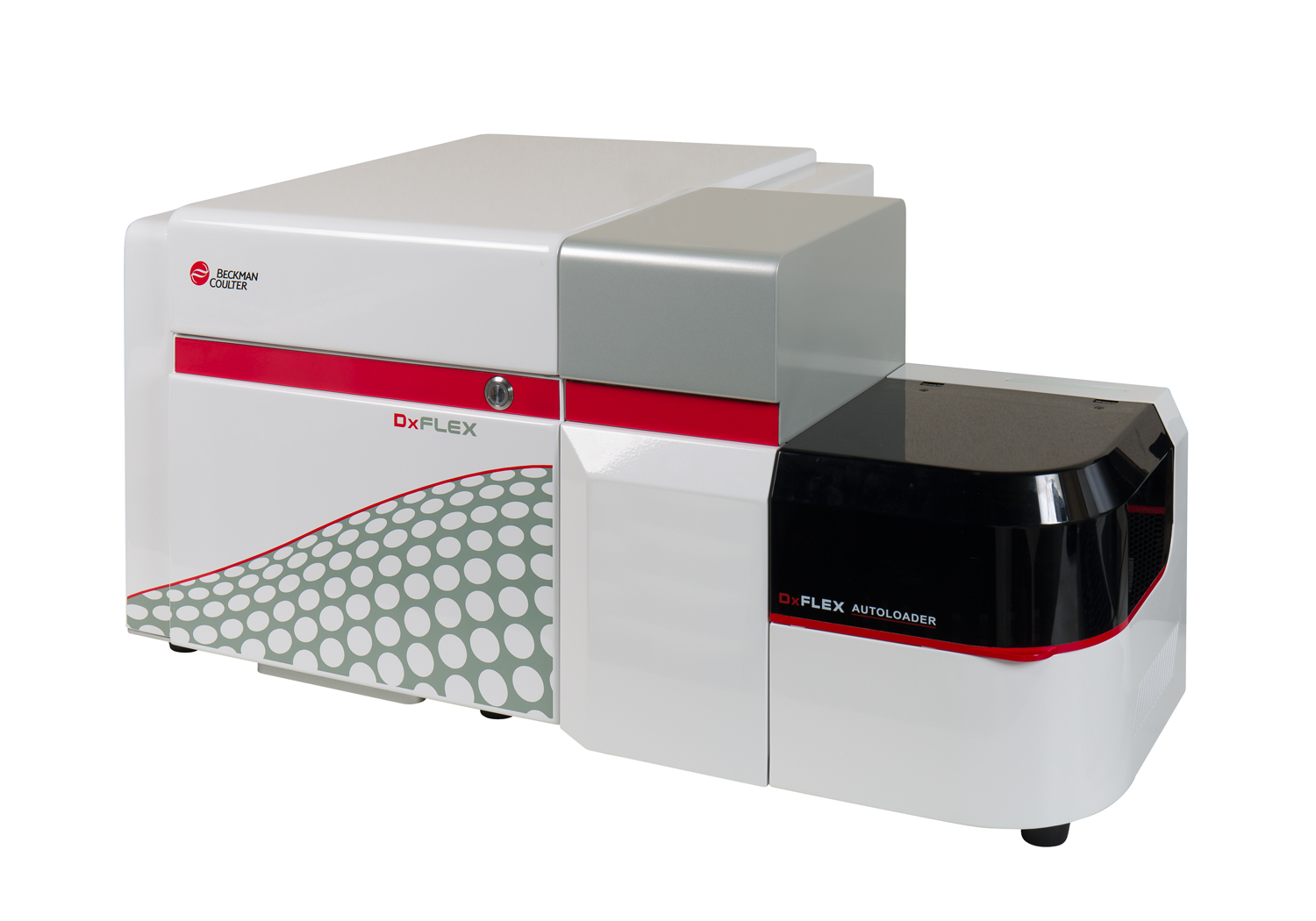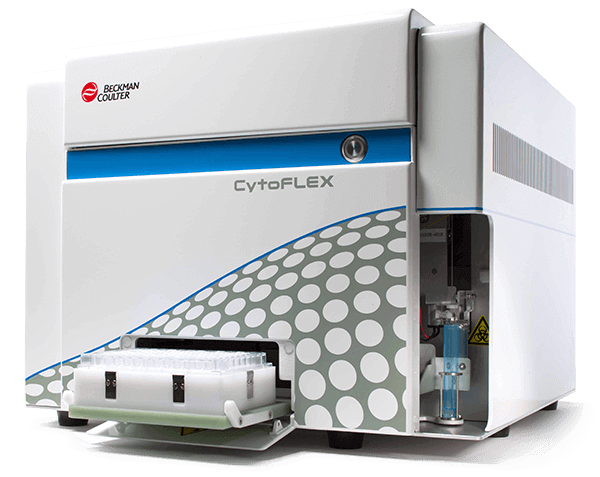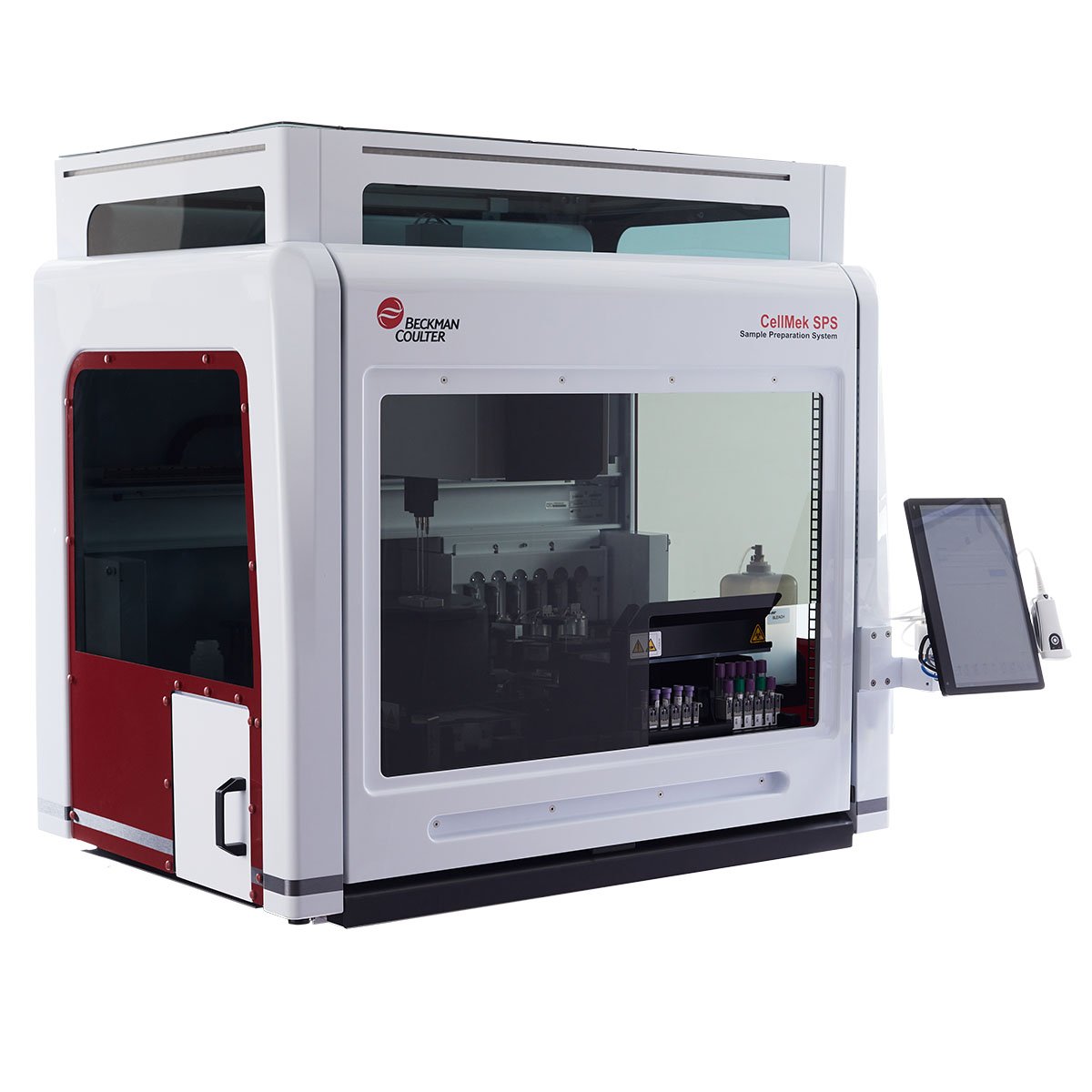CD4 Antibodies
The CD4 antigen is a monomeric transmembrane glycoprotein with a molecular weight of 59 kDa. The intracytoplasmic tail of CD4 is essential for interaction with Lck. The CD4 is expressed on the T "helper" (Th or T4) lymphocytes. It is expressed on most thymocytes, where it is frequently co-expressed with CD8. CD4 is also expressed on eosinophils. All the monocytes carry the CD4 antigen, but at a lower density than T4 lymphocytes. CD4 acts as an accessory molecule to the T cell receptor complex during T-cell activation restricted to the major histocompatibility complex class II. The T4 lymphocytes are involved in T-T, T-B, and B-macrophage cellular interactions. They are active in inducing and helping the synthesis of immunoglobulins by B cells. CD4 functions as the receptor for IL-16 which is a chemoattractant factor for CD4+ T cells, as well as for monocytes and eosinophils. IL-16 seems to be a growth factor for T4 lymphocytes, but is not able to induce cell division. CD4 is a receptor for the Human Immunodeficiency Virus type I (HIV-1) envelope protein gp120.
| Clone: 13B8.2 | Isotype: IgG1 Mouse |
| 13B8.2 monoclonal antibody antagonizes HIV effects in vitro. 13B8.2 recognizes an epitope close to the amino-acid residues 88-89 within the CD4 molecule. 13B8.2 and BL4 recognize different epitopes. 13B8.2 and BL4 are not crossblocking. | |
| Clone: SFCI12T4D11 | Isotype: IgG1 Mouse |
| SFCI12T4D11 monoclonal antibody antagonizes HIV effects in vitro. | |






